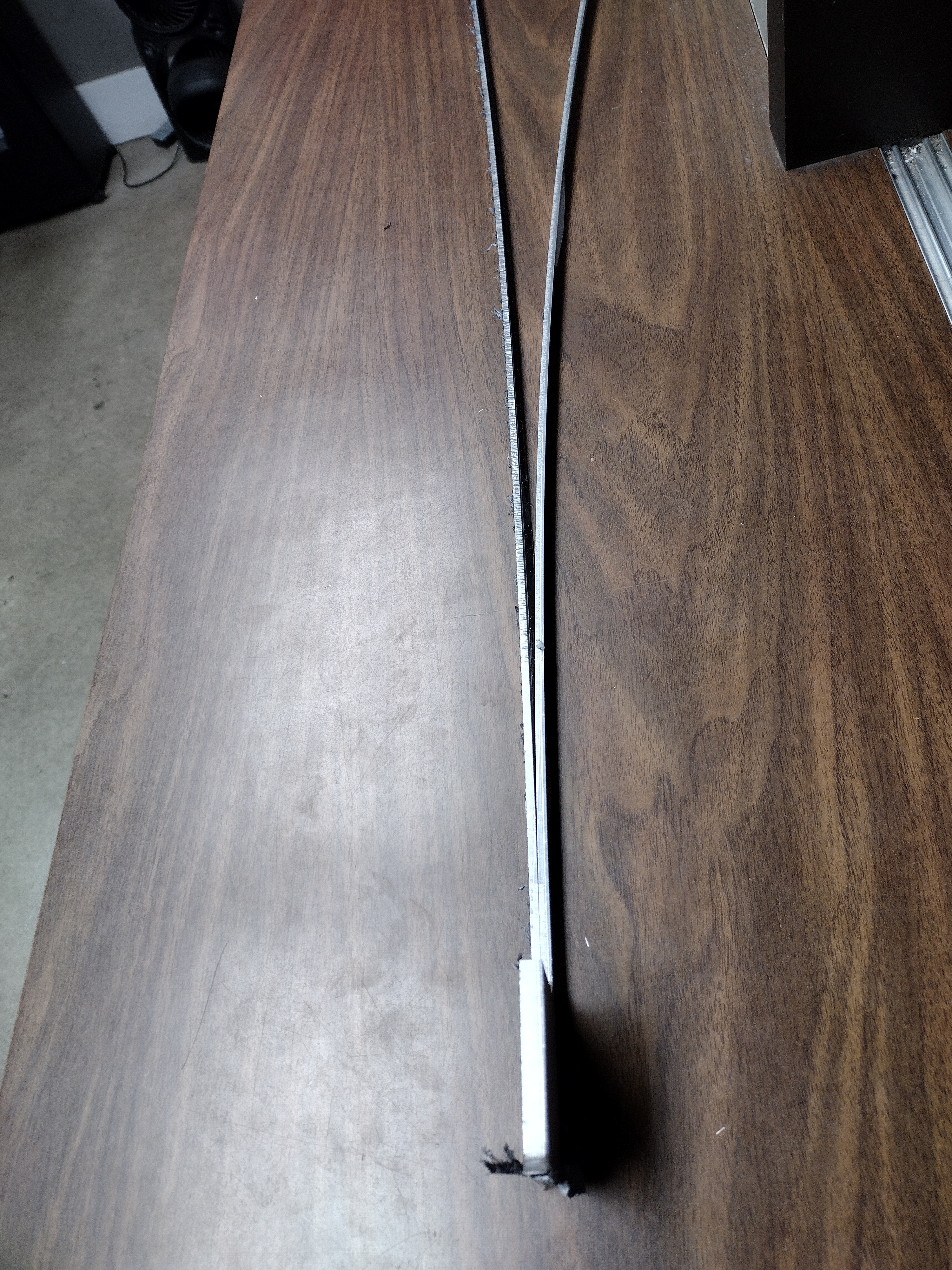this post was submitted on 23 Jan 2025
29 points (96.8% liked)
Machinist
685 readers
1 users here now
From Newcomers to Old Timers, a community united by the Industry of Machining
Rules Don't post illegal stuff
Don't post Porn (no sexy aluminum surface finishes don't count)
Don't be an asshat (harassment, bullying etc.)
If you're going to post NSFW stuff, flag it as NSFW, It's ok to post shop Screwups (blood/cuts) just make sure to flag it as NSFW
and Finally make sure to have a good time :D
founded 2 years ago
MODERATORS
you are viewing a single comment's thread
view the rest of the comments
view the rest of the comments

I'm not a metallurgist, but I am good at educated guesses.
knowing how those sheets are made, they are cast poured into an ingot and then sent thru a series of progressive rollers at a high temp. Basically the cross section of the ingot simply gets smashed and stretched into a sheet of X thickness. I'll bet there was a discontinuity in the ingot pour (possibly a stop-start due to a short run, or machine/human error, accidental splash of water, etc) that resulted in an contaminated layer of the pour. Then when it was rolled out that discontinuity is maintained at the same point in the cross section.